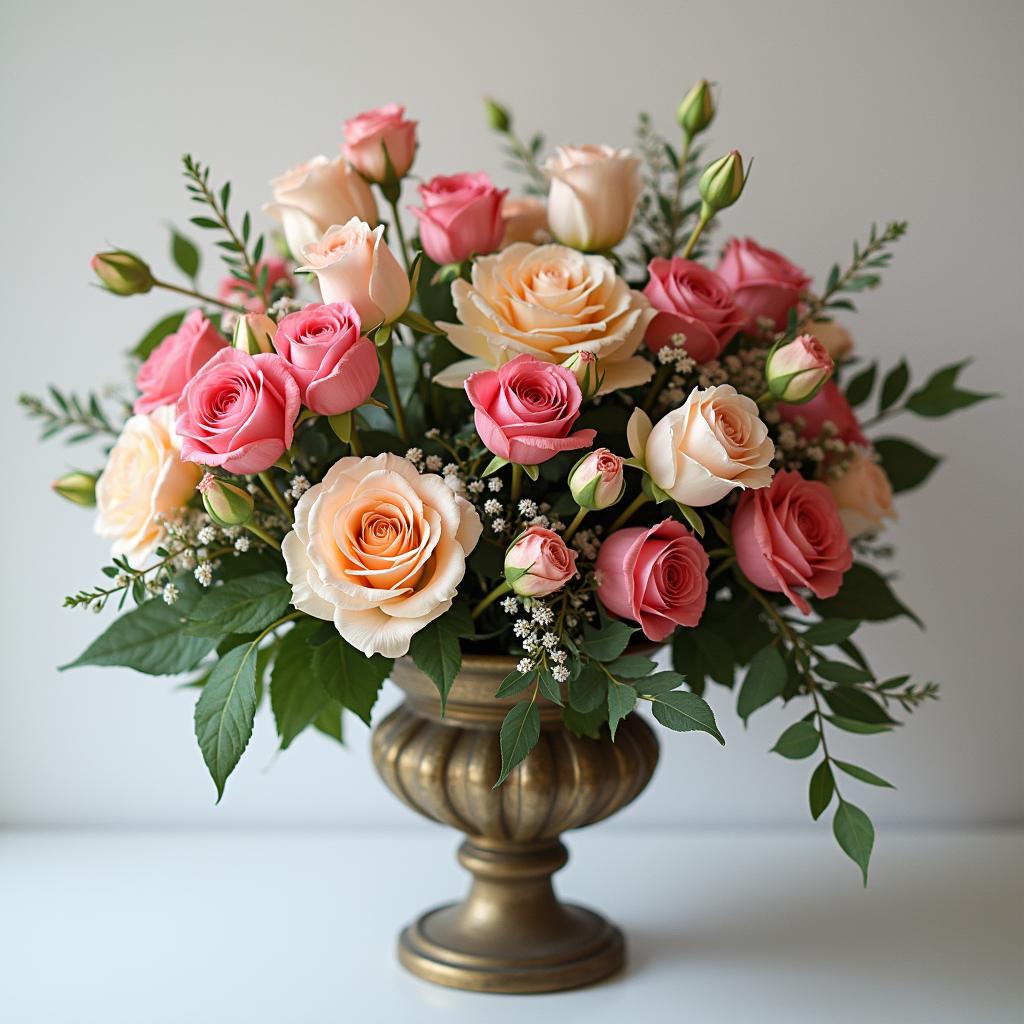
Flowers have long been recognized not merely for their aesthetic beauty but also for their profound psychological and emotional impact, especially when gifted to individuals who are unwell. Numerous studies reveal that the presence of flowers can significantly enhance mood, provide solace, and promote an overall sense of well-being. The act of giving flowers can convey care and support, playing a pivotal role in emotional recovery.
Research has established that flowers stimulate feelings of happiness and reduce stress. A study published in the journal “Emotion” demonstrated that individuals exposed to floral arrangements experienced heightened positive emotions and decreased feelings of anxiety. This highlights how the mere sight and smell of flowers can serve as a natural remedy, uplifting spirits and instilling hope in those enduring health challenges.
The psychological benefits extend not only to the recipient but also to the giver. Engaging in thoughtful gifting creates a reciprocal emotional benefit, enhancing the giver’s sense of fulfillment and connection to the recipient. This physical manifestation of care fosters an environment conducive to healing, reinforcing the significance of empathy and compassion during recovery. Moreover, certain flowers carry specific meanings, allowing the giver to tailor their selection to convey particular sentiments of encouragement and love.
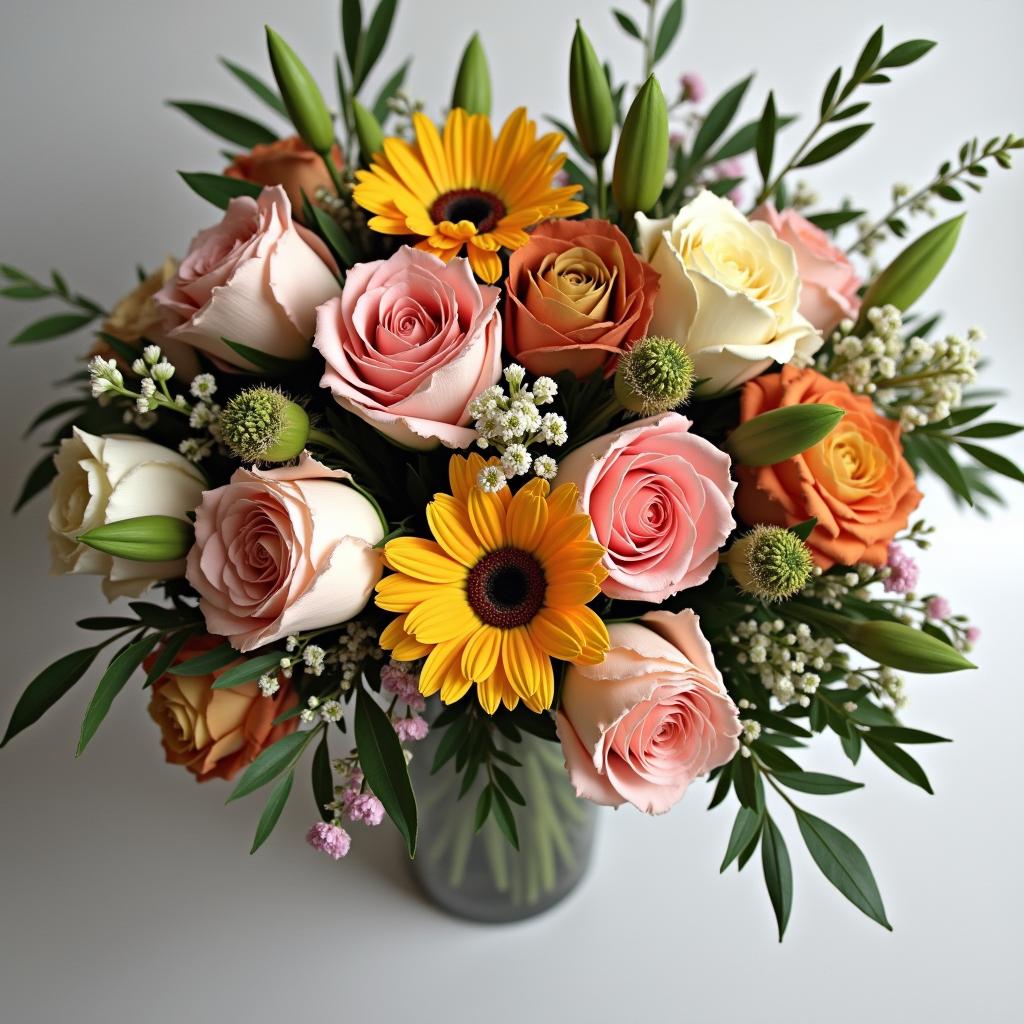
Incorporating flowers into the recovery process can also trigger comforting memories and associations, promoting mental clarity and emotional stability. By evoking positive experiences, flowers can help individuals navigate the difficult phases of illness more smoothly. With their capacity to attract attention and provide sensory enjoyment, flowers become powerful agents of comfort, serving as both gifts of beauty and symbols of hope in challenging times.
Choosing the Right Flowers for Get Well Soon Messages
When selecting flowers for get well soon messages, it is essential to consider both the symbolism of the blooms and the personal preferences of the recipient. Certain flowers carry specific meanings, making them particularly suitable for conveying sentiments of hope, strength, and recovery. For instance, daisies are cheerful and vibrant, representing innocence and new beginnings, which can uplift the spirits of someone on the mend. Their bright petals and friendly appearance can make a significant impact in bringing a smile to the recipient’s face during difficult times.
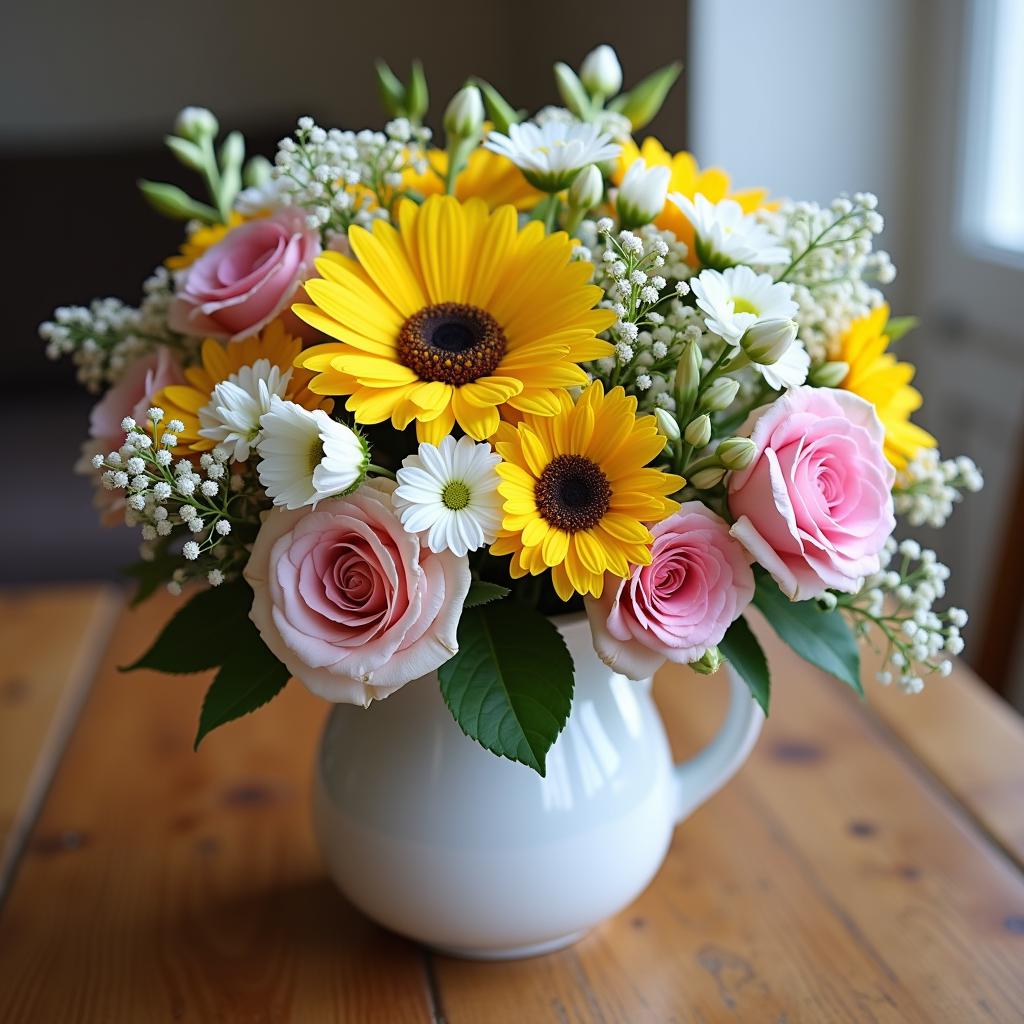
Sunflowers are another excellent choice for get well occasions. Renowned for their radiant yellow hues and ability to turn toward the sun, sunflowers symbolize positivity and warmth. Their bold appearance not only brings brightness into a room but also sends a powerful message of encouragement and resilience. Additionally, sunflowers are often associated with good health, making them a thoughtful option for someone recovering from an illness.
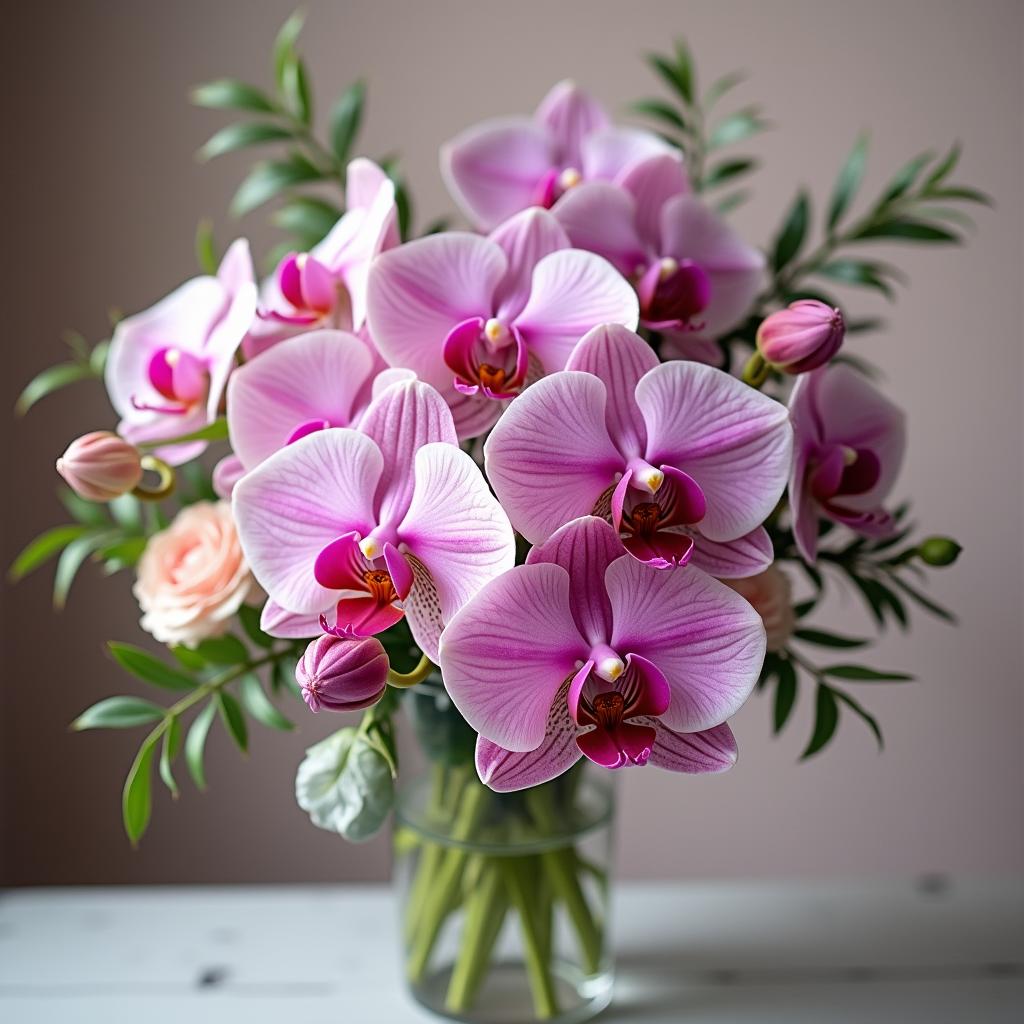
Orchids, with their exotic beauty and elegance, represent love, strength, and beauty. They can be a more sophisticated choice for get well soon arrangements, ideal for someone who appreciates unique flowers. Their long-lasting nature also means that the recipient can enjoy their beauty throughout the recovery process, serving as a constant reminder of support and care.
While the type of flower is important, considering the recipient’s personal preferences and any allergies is crucial to ensure a thoughtful gesture. For instance, some individuals may have sensitivities to strong scents or particular blooms. By keeping these factors in mind, you can thoughtfully select flowers that not only convey your message but also provide comfort and joy to the recipient during their recovery journey.
Creative Flower Arrangements and Presentation Ideas
When it comes to selecting flowers for get well occasions, creativity in arrangement and presentation plays a vital role in conveying your heartfelt sentiments. A beautifully arranged bouquet can uplift the spirits of a loved one during their recovery period. Consider the traditional bouquet, which can be tailored to their personal preferences. Vibrant blooms like sunflowers or cheerful daisies can impart a sense of joy, while softer pastels, such as peonies or hydrangeas, can offer a soothing ambiance.
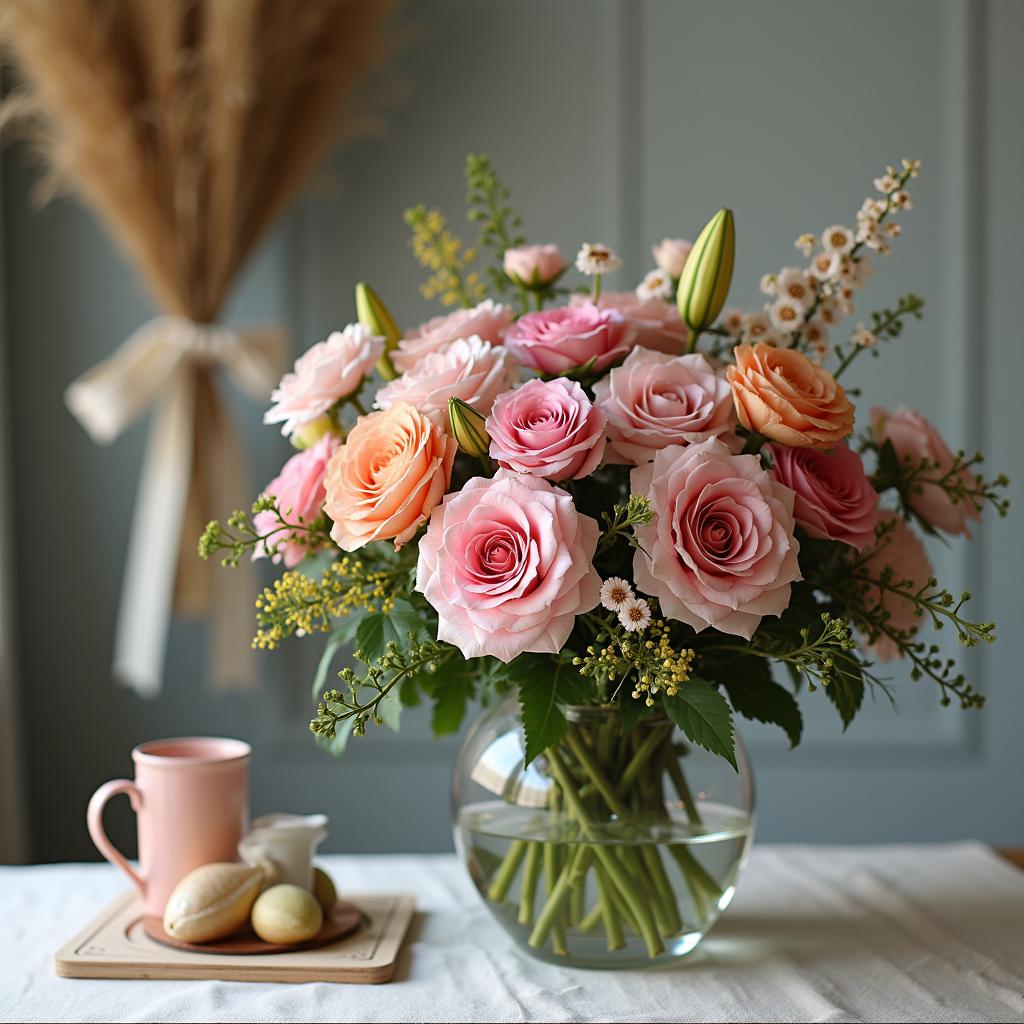
Potted plants have also gained popularity as thoughtful gifts. Unlike cut flowers, they have longevity and symbolize growth and renewal. Selecting a low-maintenance plant, such as a peace lily or succulent, can provide both aesthetic beauty and ease of care. Presenting these plants in a decorative pot personalized with a heartfelt message further enhances the gesture.
Alternatively, single-stem arrangements can be both elegant and impactful. A single, striking flower, such as a rose or a protea, can stand alone as a statement piece. Wrapping it in a delicate paper or placing it in a stylish vase can accentuate its beauty, making it a simple yet memorable gift.
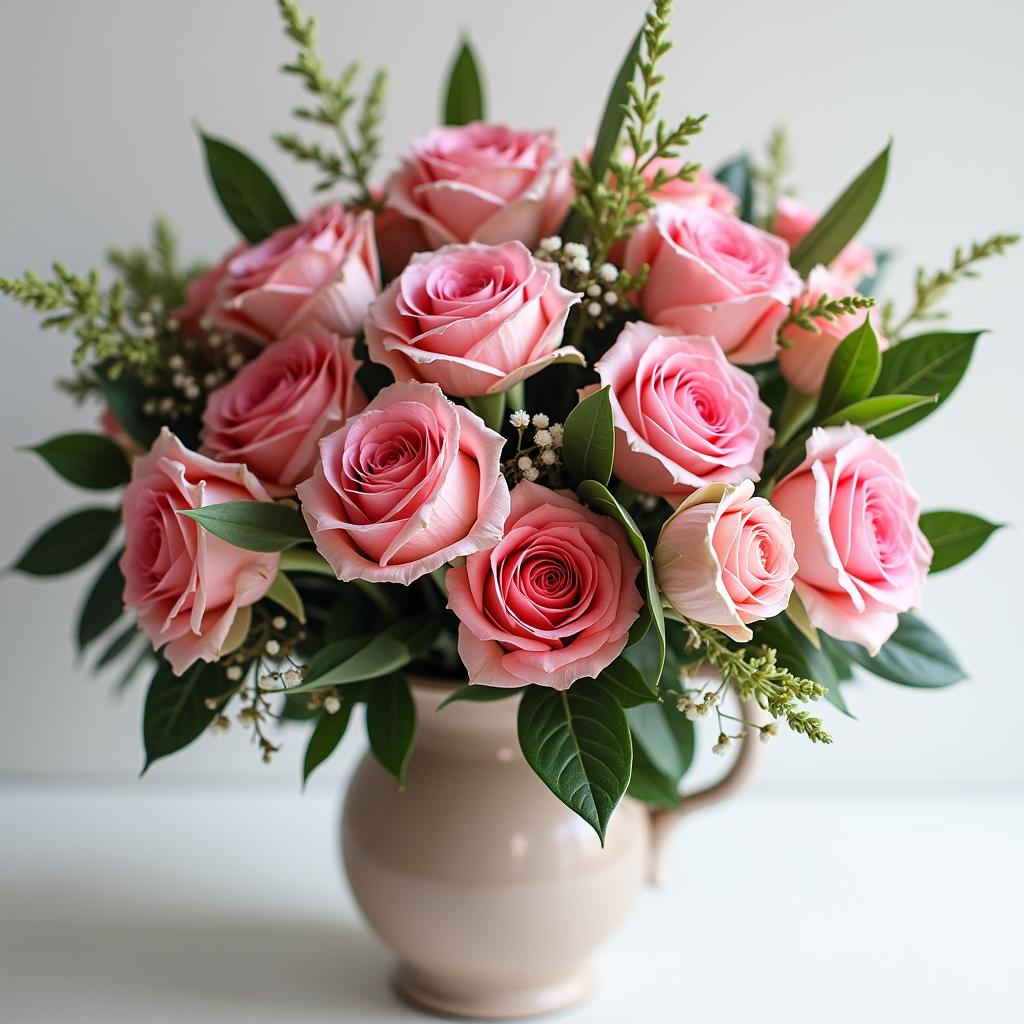
In pairing flowers with thoughtful notes, consider including a personalized message that resonates with the recipient. This could be a heartfelt quote, a fond memory, or simply words of encouragement to fortify their spirits as they recover. Additionally, attaching small gifts like a cozy blanket, a book, or comforting tea can complement the floral arrangement, creating a complete care package.
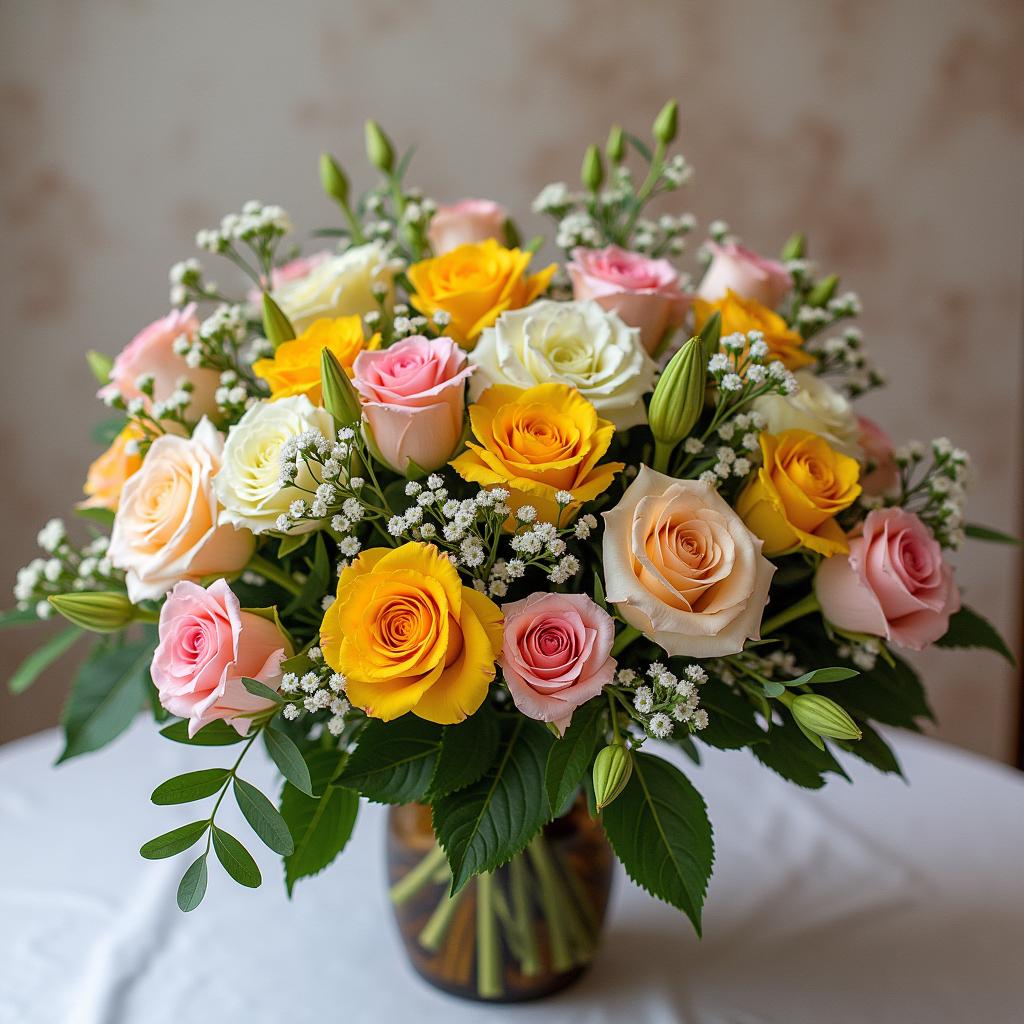
Incorporating personalized elements through flowers and additional gifts showcases genuine care. Overall, unique and creative arrangements can enhance the emotional impact of your thoughtful gesture, ensuring the recipient feels cherished and supported during their time of healing.
Tips for Delivering Flowers in a Meaningful Way
Delivering flowers for get well occasions should be approached with consideration and sensitivity to the recipient’s circumstances. Personal delivery is often the most meaningful option, as it allows the sender to convey their warmth and care directly. When presenting blooms in person, the sender can observe the recipient’s reaction, creating a heartfelt moment that a simple delivery through a mail service cannot replicate.
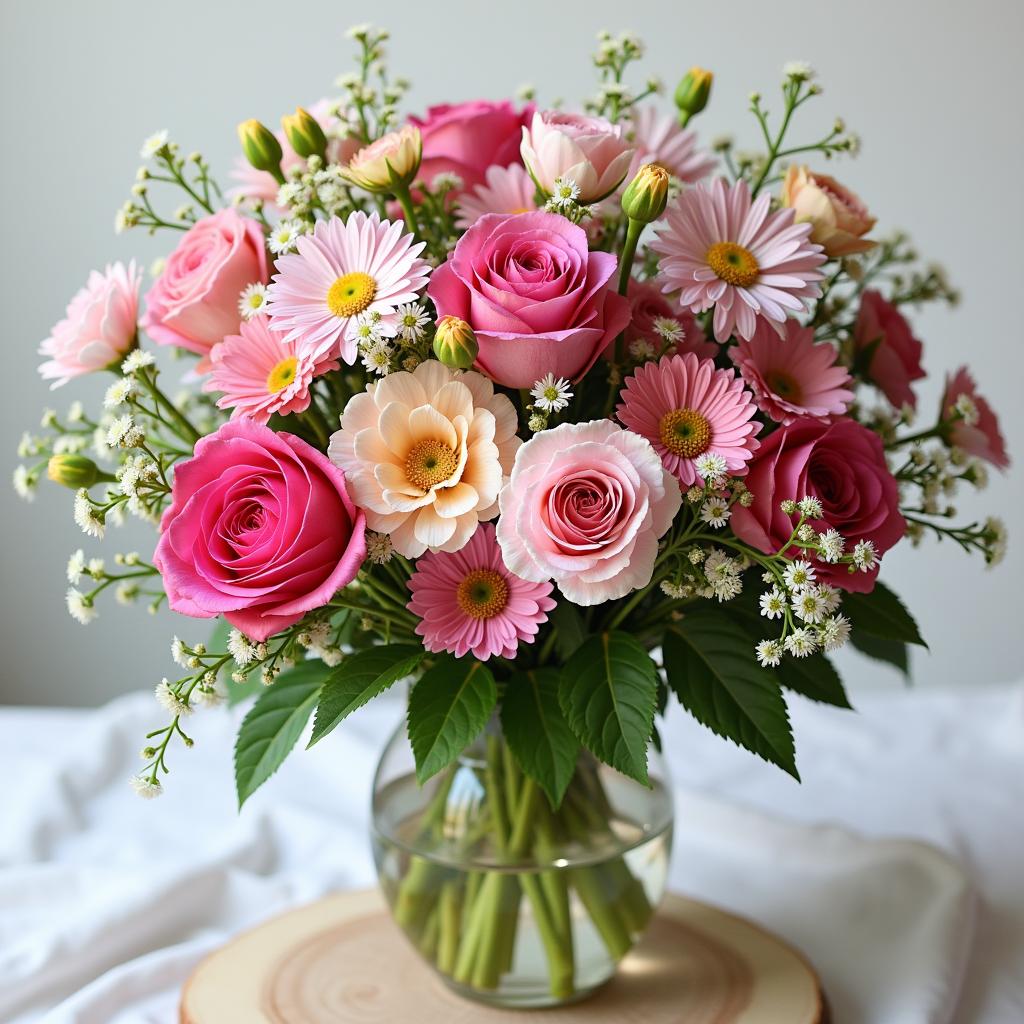
Timing is a crucial element in the delivery process. Ideally, flowers should be sent when the recipient is likely to be at home or enjoying a brief visit at the hospital. Early morning hours can be effective, as they allow individuals to start their day on a positive note. Additionally, coordinating the delivery around meal times can ensure that the flowers are received when the recipient feels more engaged, maximizing the emotional impact of the gesture.
An accompanying message plays a significant role in enhancing the delivery experience. A thoughtful note can express encouragement and support, conveying sentiments that elevate the gift of flowers beyond mere decoration. Whether it is a personal anecdote, a well wishes message, or a simple “thinking of you,” the message should reflect the sender’s emotions and relationship with the recipient. This added layer of personalization reinforces the significance of the gesture.
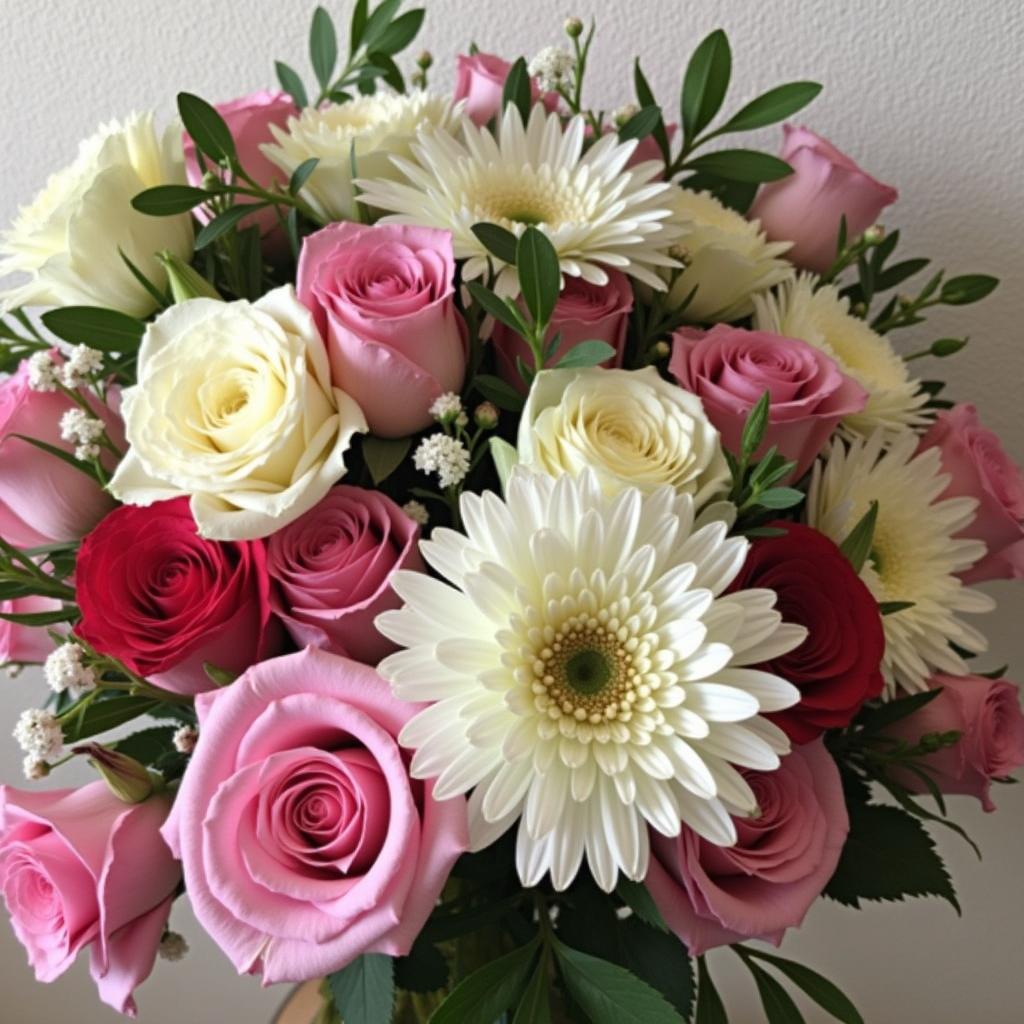
Special circumstances may require careful consideration regarding delivery techniques. In hospital settings, it is advisable to check with staff about flower policies, as some facilities may have restrictions due to allergies or infection control measures. At-home recovery might present its own challenges, such as ensuring the flowers are suitable for the recipient’s current health status. Selecting hypoallergenic blooms or opting for low-maintenance arrangements can be particularly beneficial in these situations.
By being mindful of these factors—delivery method, timing, and accompanying notes—the gesture of sending flowers can transform into an uplifting experience, enhancing the recipient’s spirits and conveying heartfelt support.
